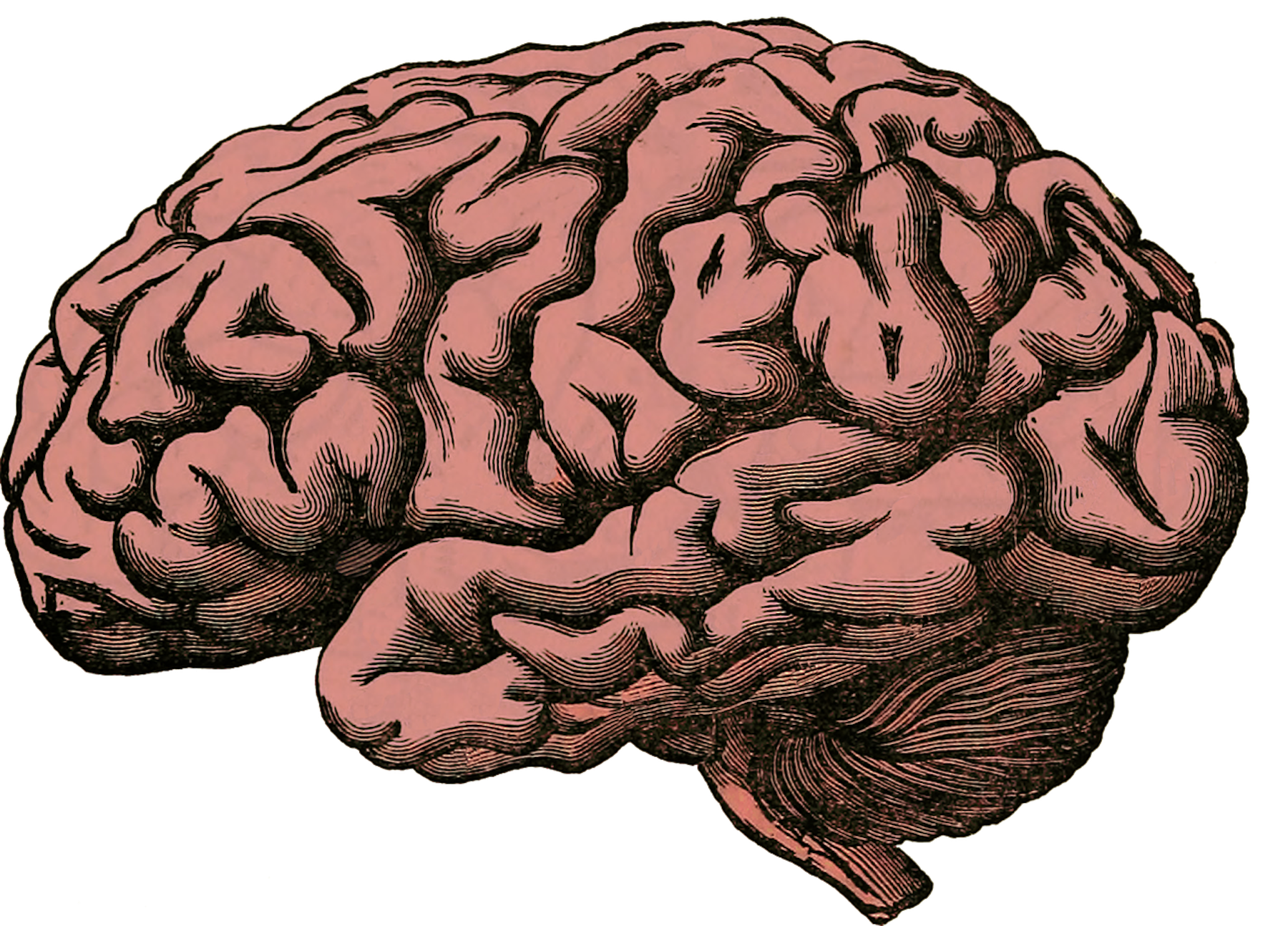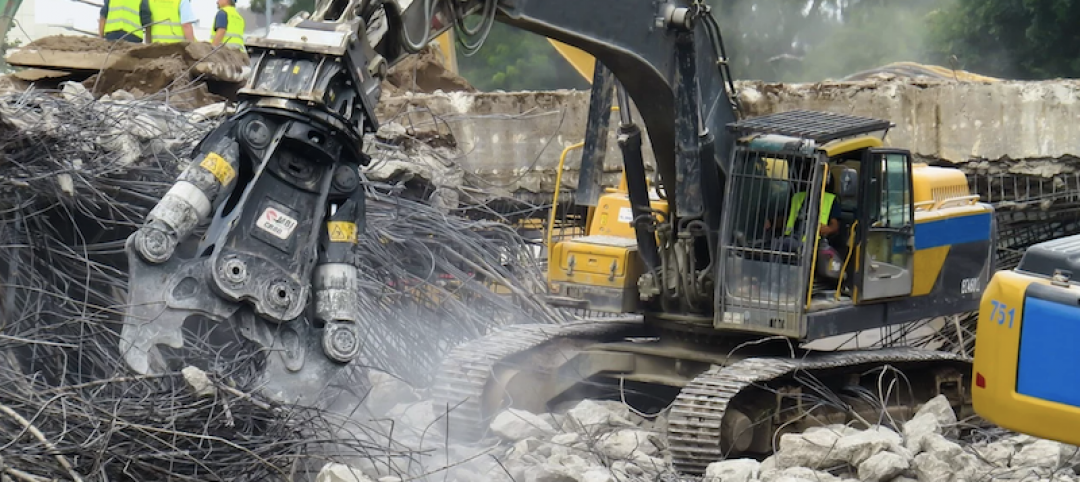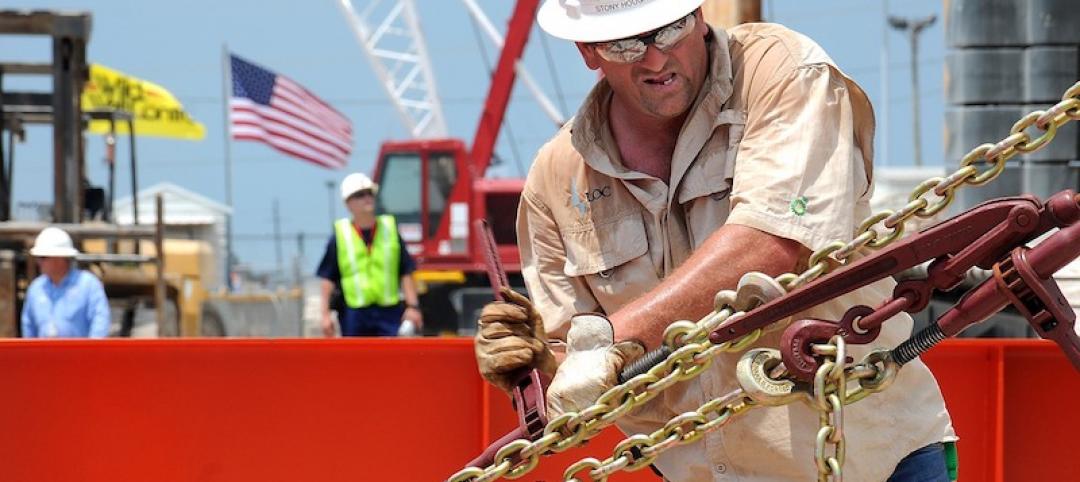HKS and The University of Texas at Dallas’ Center for BrainHealth are conducting a six-month study to improve the way the firm’s employees work, collaborate, and innovate, both individually and as an organization, according to a news release.
The ongoing COVID pandemic has contributed to high levels of worker burnout, even though efficiency and productivity in many industries remain high in this era of hybrid work, the release notes. The study will assess this and other factors.
“The data compiled will be confidential and used to inform our own flexible workplace policies and how we design the built environment for peak brain performance,” HKS says. Nearly 200 HKS employees are involved in the Center for BrainHealth’s BrainHealthy Workplace program, which offers online training, think tanks, and daily brain exercises over a six-month span to optimize brain health.
Dr. Upali Nanda, HKS global director of research, said the partnership with the Center for BrainHealth could be a critical tool in mapping the firm’s future, with worker wellness at the forefront. “It is particularly timely right now when we are in this era of experimentation around the workplace and are battling high levels of burnout,” Nanda said. “Understanding the tenets of brain health allows us to reframe the role of the workplace, leverage the potential of flex work experience, and focus on peak performance of our people and their ability to think, create, and innovate.”
Related Stories
Codes and Standards | Dec 10, 2019
Utilities rolling out more grid-interactive efficient building programs
Focus is on energy savings and demand flexibility.
Codes and Standards | Dec 9, 2019
Canada’s Zero Carbon Building Standard reports first 10 certifications
Projects include new and existing offices, schools, and warehouses.
Codes and Standards | Dec 6, 2019
New research examines flood mitigation policies in the U.S.
Thirteen states or cities have adopted effective measures; some restricting development in vulnerable areas.
Codes and Standards | Dec 5, 2019
USGBC unveils vision for LEED Positive
Roadmap will lay foundation for a future LEED that is regenerative.
Codes and Standards | Dec 5, 2019
Report shows reducing embodied carbon can save money and help mitigate climate change
Embodied carbon now accounts for 11% of global greenhouse gas emissions.
Codes and Standards | Dec 5, 2019
Dubai, London and New York are 2019’s ‘Construction Mega Cities’
From 2007 to 2025, GlobalData expects the cities’ combined gross domestic product (GDP) to increase by more than US$8 trillion to US$20.4 trillion.
Codes and Standards | Dec 2, 2019
New GBCI certification recognizes expertise in sustainability
Provides third-party verification of competency to ‘making the world more economically, socially, and environmentally sustainable.’
Codes and Standards | Dec 2, 2019
New tool allows users to learn how to reduce embodied carbon
Calculator delivers first digitized EPDs.
Codes and Standards | Dec 2, 2019
Trade group challenges St. Petersburg, Fla., ordinance on construction contract mandates
Legality of requirement to hire apprentices, disadvantaged workers at issue.
Building Owners | Dec 2, 2019
What building owners and AEC teams need to know about New York’s Climate Mobilization Act
On April 18, 2019, the New York City Council passed the Climate Mobilization Act, a suite of laws aimed to meet the city’s commitment to achieving carbon neutrality by 2050.

















